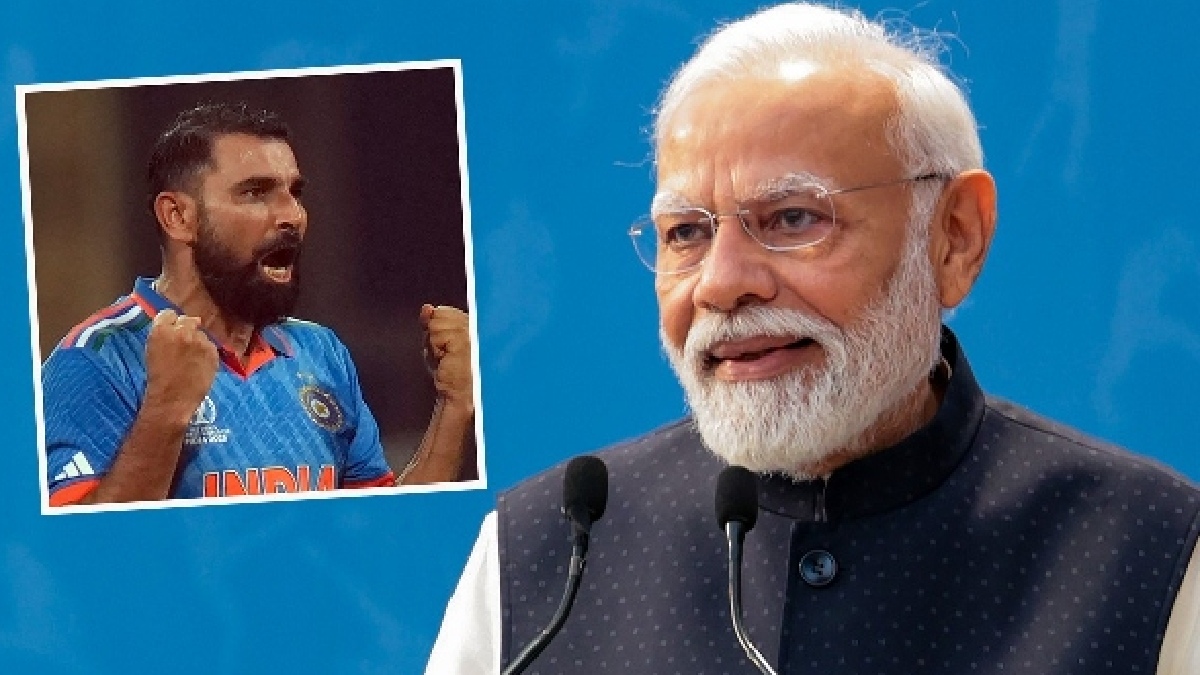
Explained: What is Indus Water Treaty signed between India, Pakistan?
New Delhi, June 01: Officials from India and Pakistan have discussed a wide range of water-related issues during a meeting as part of the Permanent Commission on Indus Waters (PCIW), the Foreign Office said on Tuesday.
A six-member delegation led by Pakistan Commissioner for Indus Waters Syed Muhammad Mehar Ali Shah attended the 118th meeting of the Pakistan-India Permanent Indus Commission (PIC) in New Delhi from May 30-31, it said.

The Indian delegation was headed by the Indian Commissioner for Indus Waters, A K Pal. A wide range of water-related issues between Pakistan and India were discussed which included the advance sharing of flood information, the program of tours/inspections and signing of the report of the Permanent Indus Commission for the year ending March 31, 2022, the Foreign Office said in a statement.
"Both sides reiterated their commitment to implement the Indus Waters Treaty in its true spirit," it said. It said that Pakistan also highlighted its objections on India's hydroelectric projects on the Western rivers and sought response to its objections on Indian projects including 1,000MW Pakal Dul.
The Indian side was also urged to communicate advance flood-flow information as per the provisions of the Treaty. "Indian side assured to arrange tours/inspections after the coming flood season. Indian side also assured that Pakistan's outstanding objections would be discussed in the next meeting as the Indian side is still in the process of examining the details," according to the statement.
Both sides also expressed the hope that the next meeting of the Commission would be held at an early date in Pakistan. India and Pakistan signed the treaty in 1960 after nine years of negotiations, with the Washington-based World Bank being a signatory. The treaty sets out a mechanism for cooperation and information exchange between the two countries regarding their use of the rivers.
However, there have been disagreements and differences between India and Pakistan over the treaty.
What is Indus Waters Treaty?
The Indus Water Treaty (IWT) is a water-distribution treaty between India and Pakistan, arranged and negotiated by the World Bank, to use the water available in the Indus River and its tributaries. It was signed in Karachi on 19 September 1960 by Indian Prime Minister Jawaharlal Nehru and Pakistani President Ayub Khan.
Under the Indus Water Treaty (IWT), all the waters of the eastern rivers - Sutlej, Beas, and Ravi - amounting to around 33 million acre feet (MAF) annually is allocated to India for unrestricted use.
The waters of western rivers - Indus, Jhelum, and Chenab - amounting to around 135 MAF annually have been assigned largely to Pakistan. India is permitted to construct the run of the river plants on western rivers with limited storage as per criteria specified in the treaty. Under the provisions of Article VIII(5) of the Indus Waters Treaty, the Permanent Indus Commission is required to meet regularly at least once a year, alternately in India and Pakistan.
In 1948, the water rights of the river system was the focus of an Indo-Pakistani water dispute. Since the ratification of the treaty in 1960, India and Pakistan have not engaged in any water wars, despite engaging in several military conflicts. Most disagreements and disputes have been settled via legal procedures, provided for within the framework of the treaty.
The Indus Waters Treaty is considered one of the most successful water sharing endeavours in the world today, even though analysts acknowledge the need to update certain technical specifications and expand the scope of the agreement to address climate change.
Numerous disputes were peacefully settled over the years through the Permanent Indus Commission. In a significant challenge to the treaty, in 2017 India completed the building of the Kishanganga dam in Kashmir and continued work on the Ratle hydroelectric power station on the Chenab River despite Pakistan's objections and amid ongoing negotiations with the World Bank over whether the designs of those projects violated the terms of the treaty.


 Click it and Unblock the Notifications
Click it and Unblock the Notifications


































